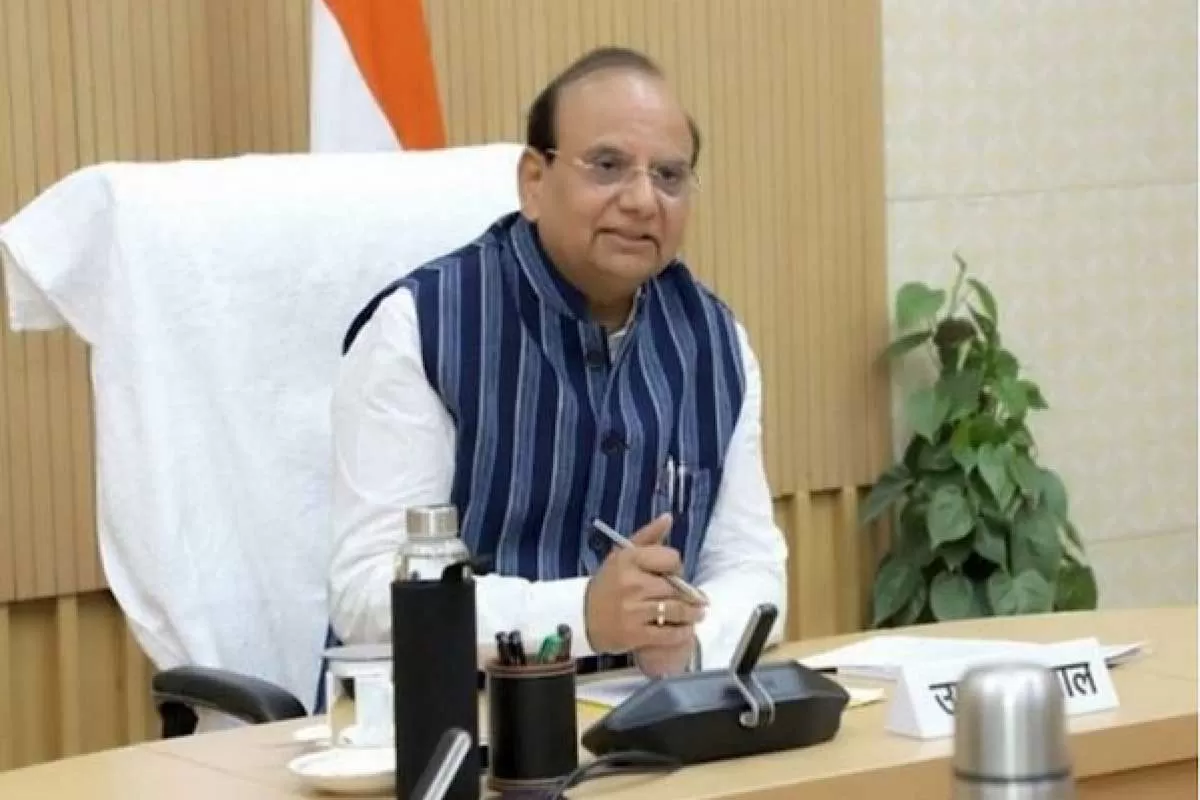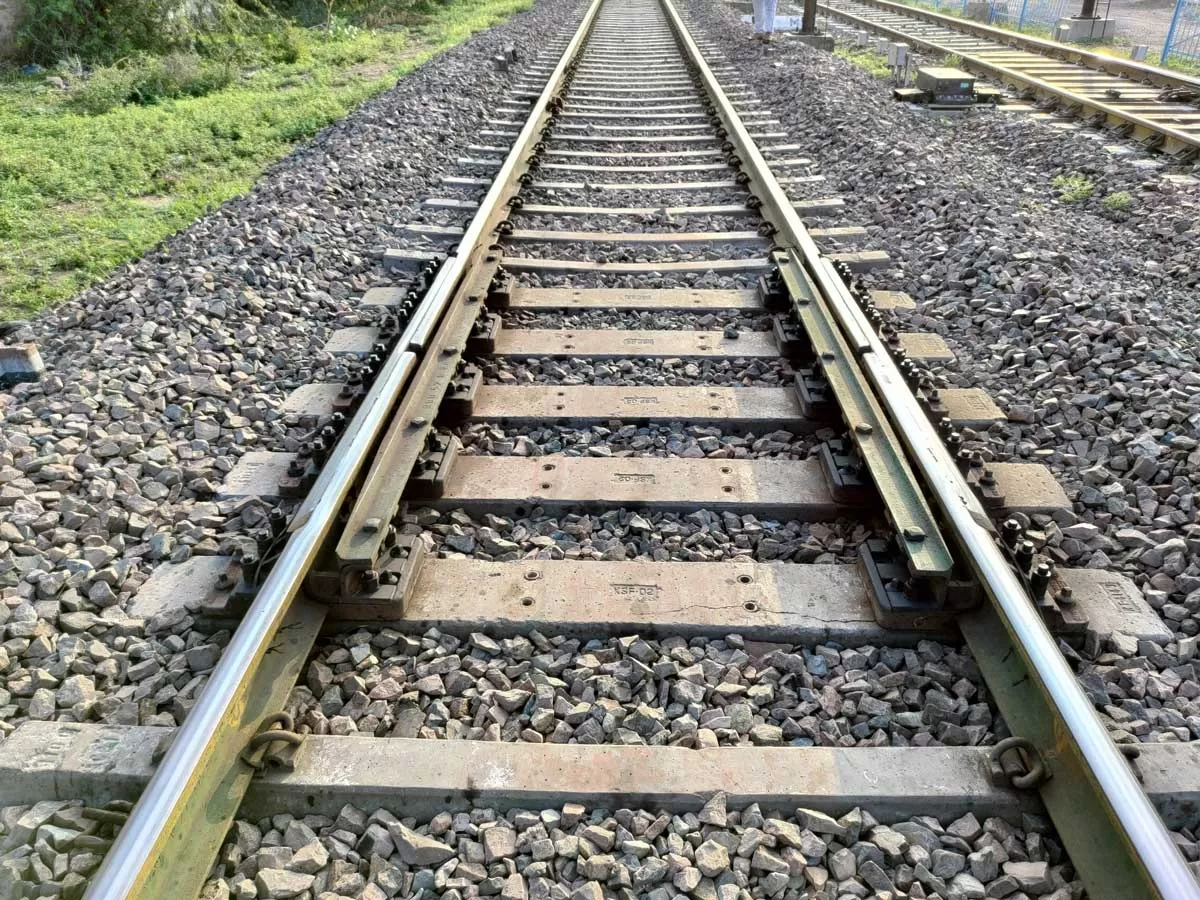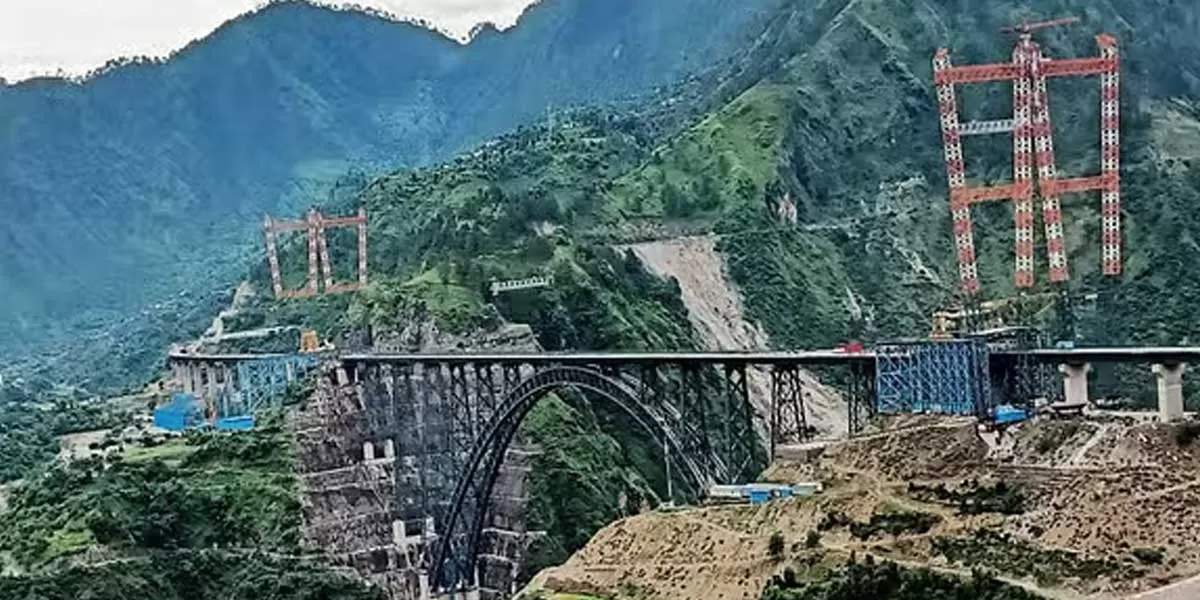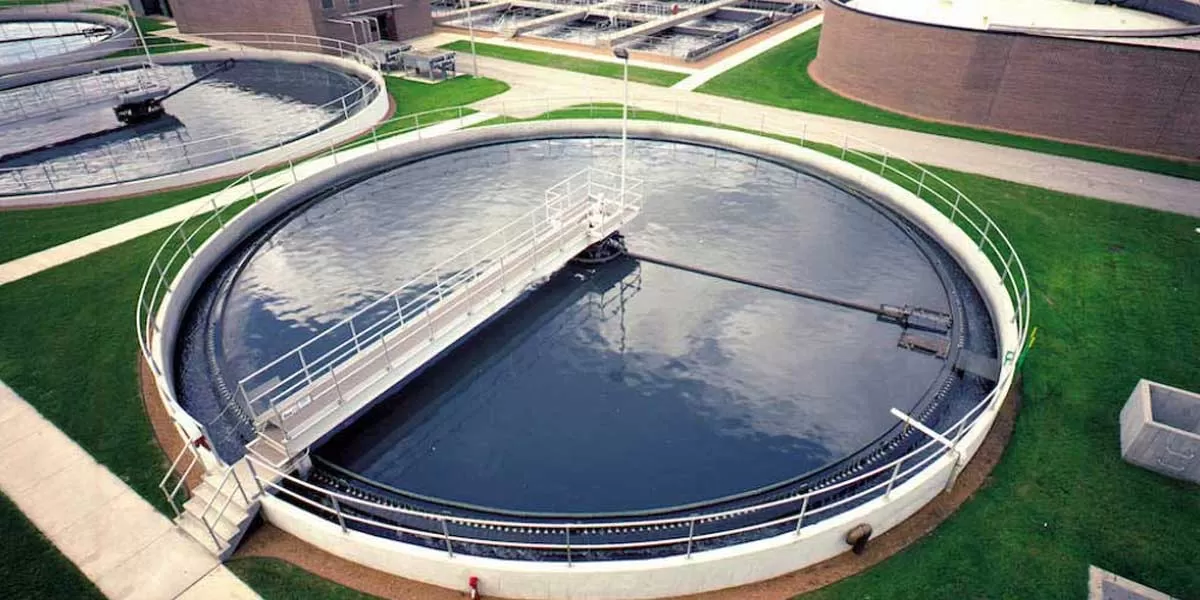
Redefine the future of urban mobility! Join us at the Metro Rail Conference 2025 to explore groundbreaking ideas and insights. 👉 Register today!

RailMin Clarifies Misunderstanding Regarding Madurai-Tuticorin Project
On January 15, 2025, the Railway Ministry issued a clarification regarding comments made by Railway Minister Ashwani Kumar at a press event in Chennai on January 10. The clarification followed confusion created when Tamil Nadu Transport Minister SS Sivasankar denied claims that the state government opposed the Madurai-Tuticorin railway project.According to the ministry, the confusion arose due to background noise during the press interaction. When questioned about the Madurai-Tuticorin railway line, the minister mistakenly responded about the Dhanushkodi project instead.The Railway Ministry cl..

CRS Approves Train Operations on Katra-Reasi Section
The Commissioner for Railway Safety (CRS) has authorised the operation of regular trains on the Katra-Reasi section of the Udhampur-Srinagar-Baramulla (USRBL) rail project in Jammu and Kashmir. Trains will be permitted to operate at speeds of up to 85 km/h on normal tracks and 15 km/h on loop lines, according to reports by Dipak Dash.For security reasons, trains will only run during daylight hours between Jammu and Srinagar, with separate boarding arrangements for Srinagar-bound passengers at Katra, involving enhanced security checks. Non-stop trains from cities like Delhi to Srinagar will not..

Schneider Electric to Automate Mumbai’s Largest Water Treatment Plant
On January 15, 2025, Schneider Electric, a leader in energy management and automation, announced it had been awarded a contract to automate India’s largest water treatment plant in Bhandup, Mumbai. The plant, which processes 2,000 MLD (million litres per day) of water, is a key element in the Government of Maharashtra's initiative to provide clean water to 22 million people.Currently, only four per cent of wastewater in Maharashtra is recycled, due in part to outdated technologies. To address this, the automation of wastewater processes is crucial to reduce waste, increase water recyclabilit..
















